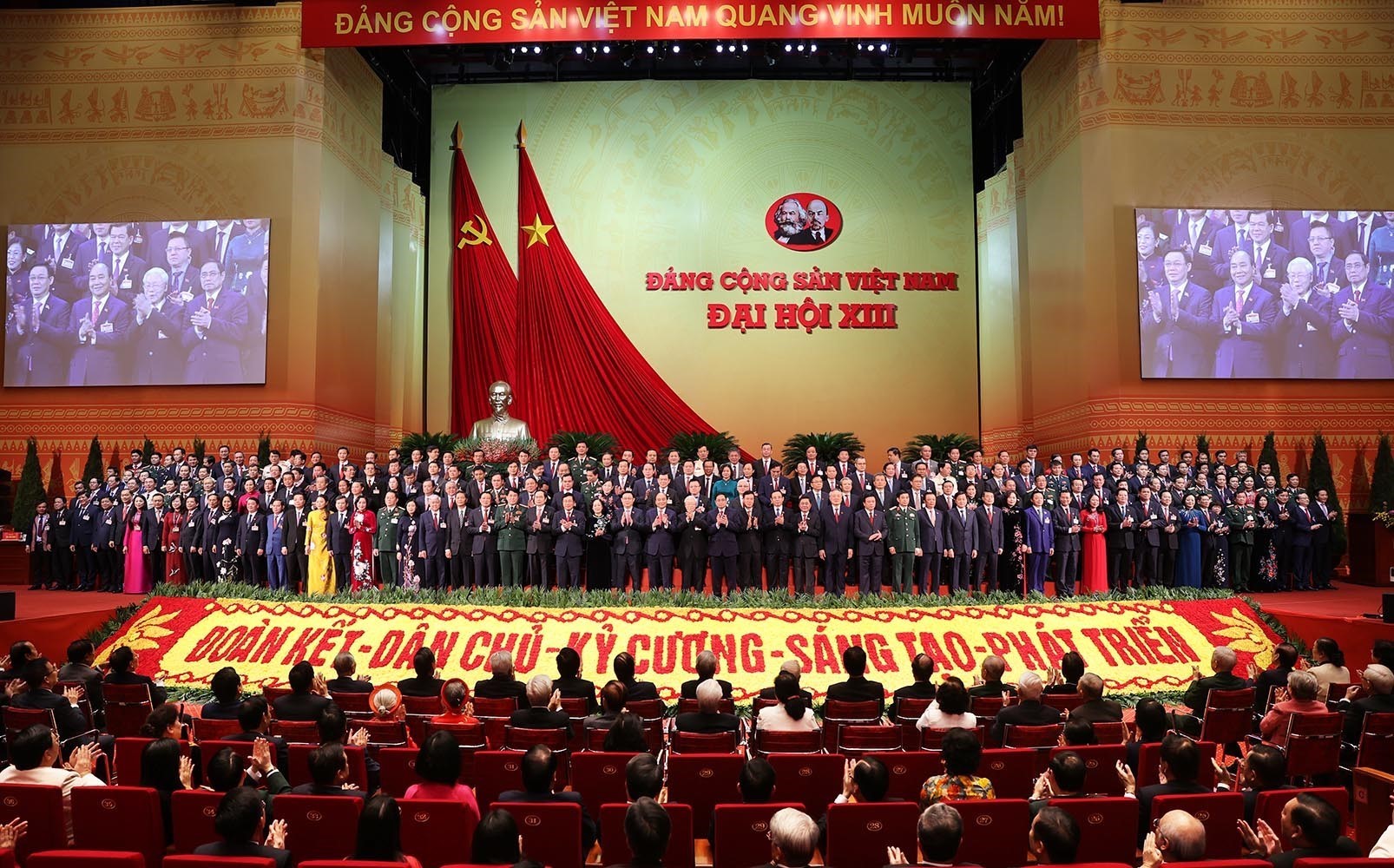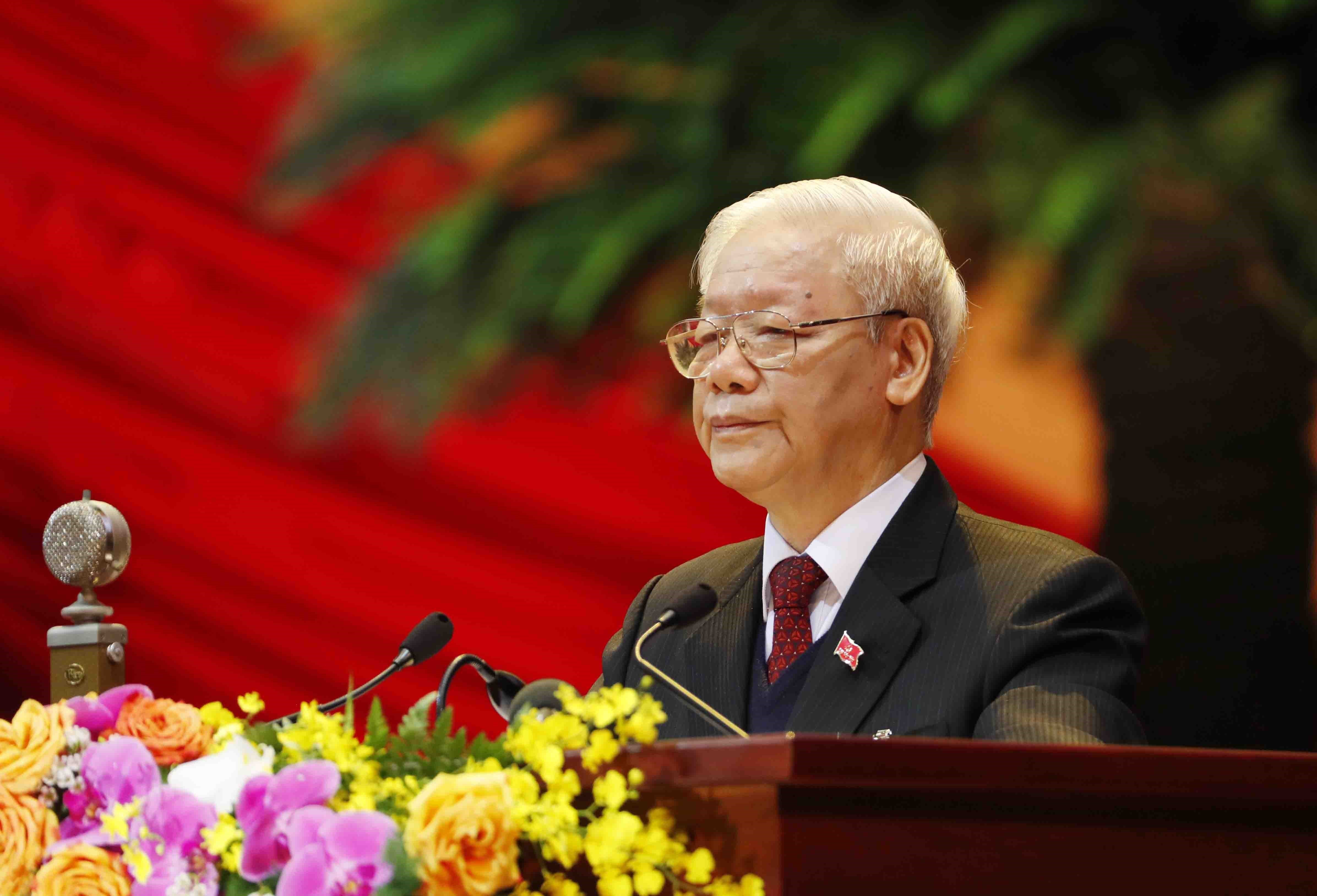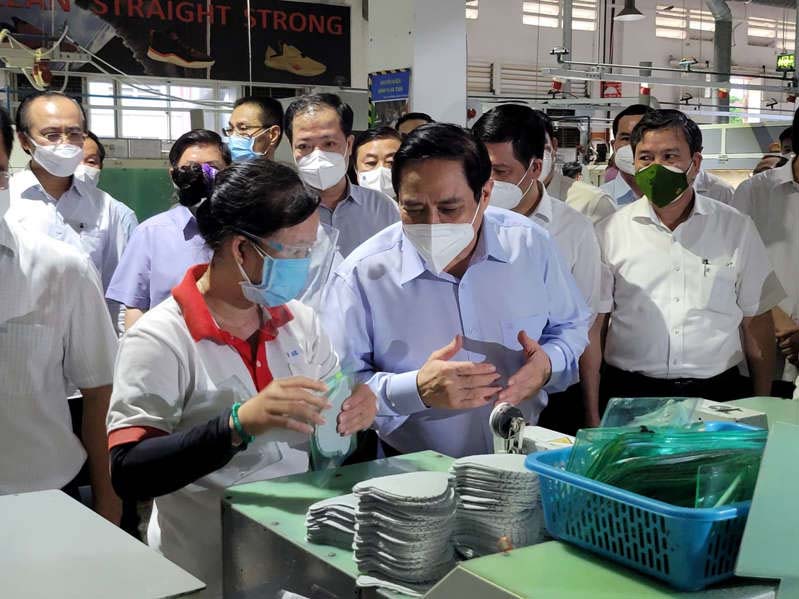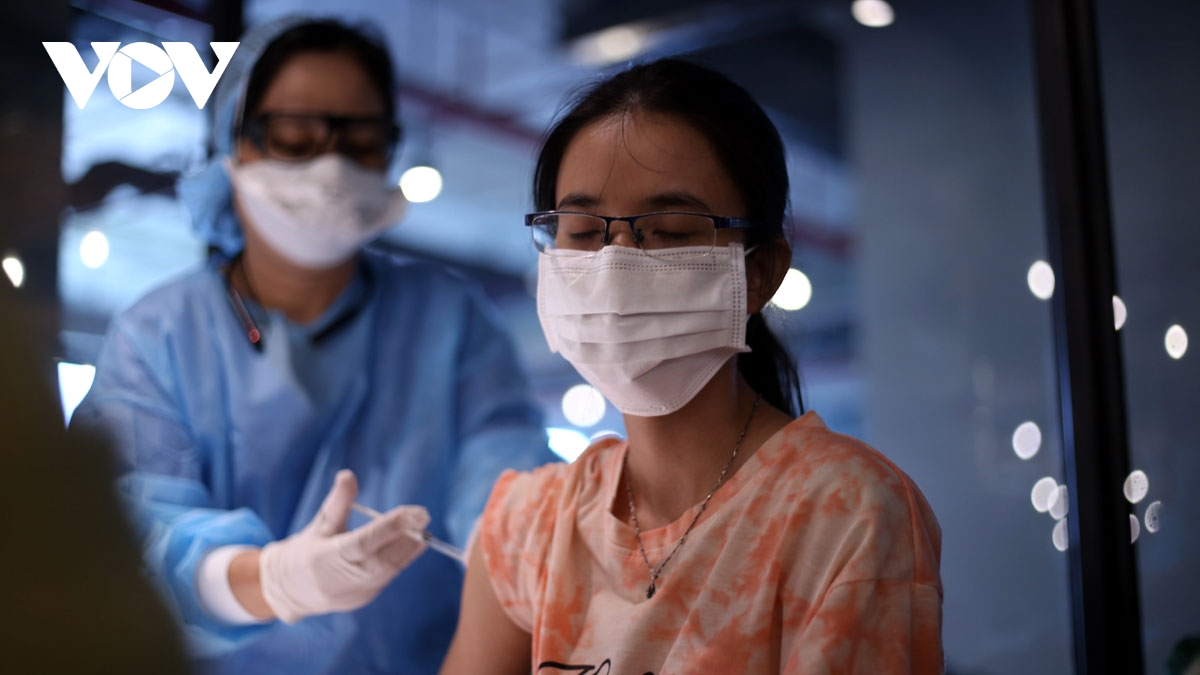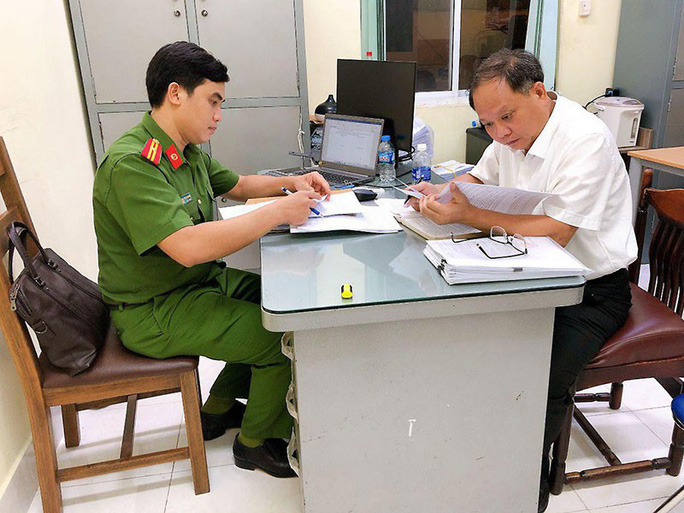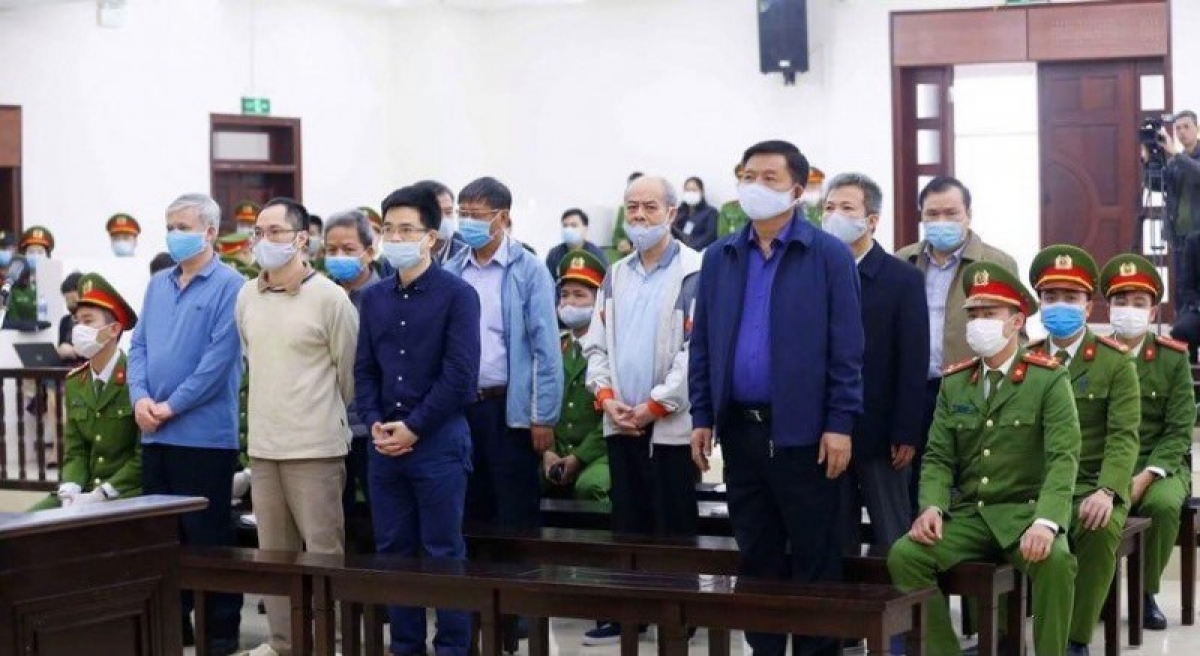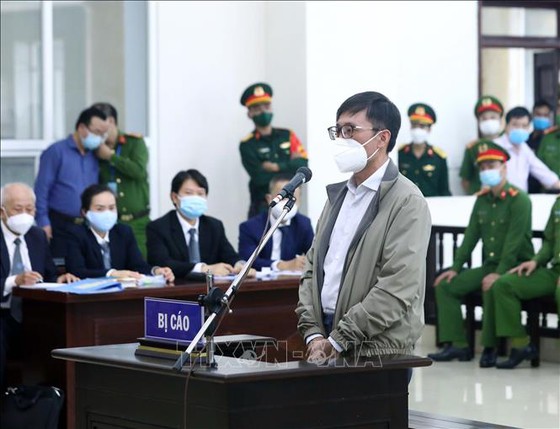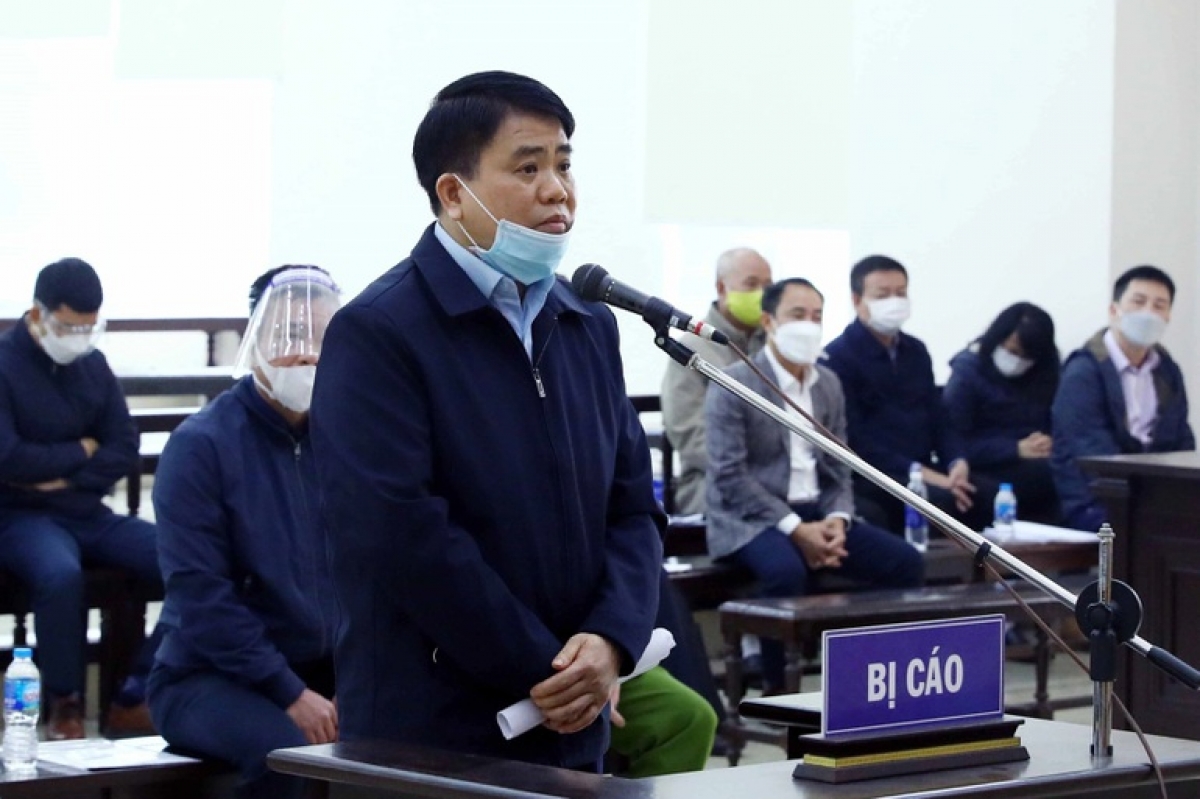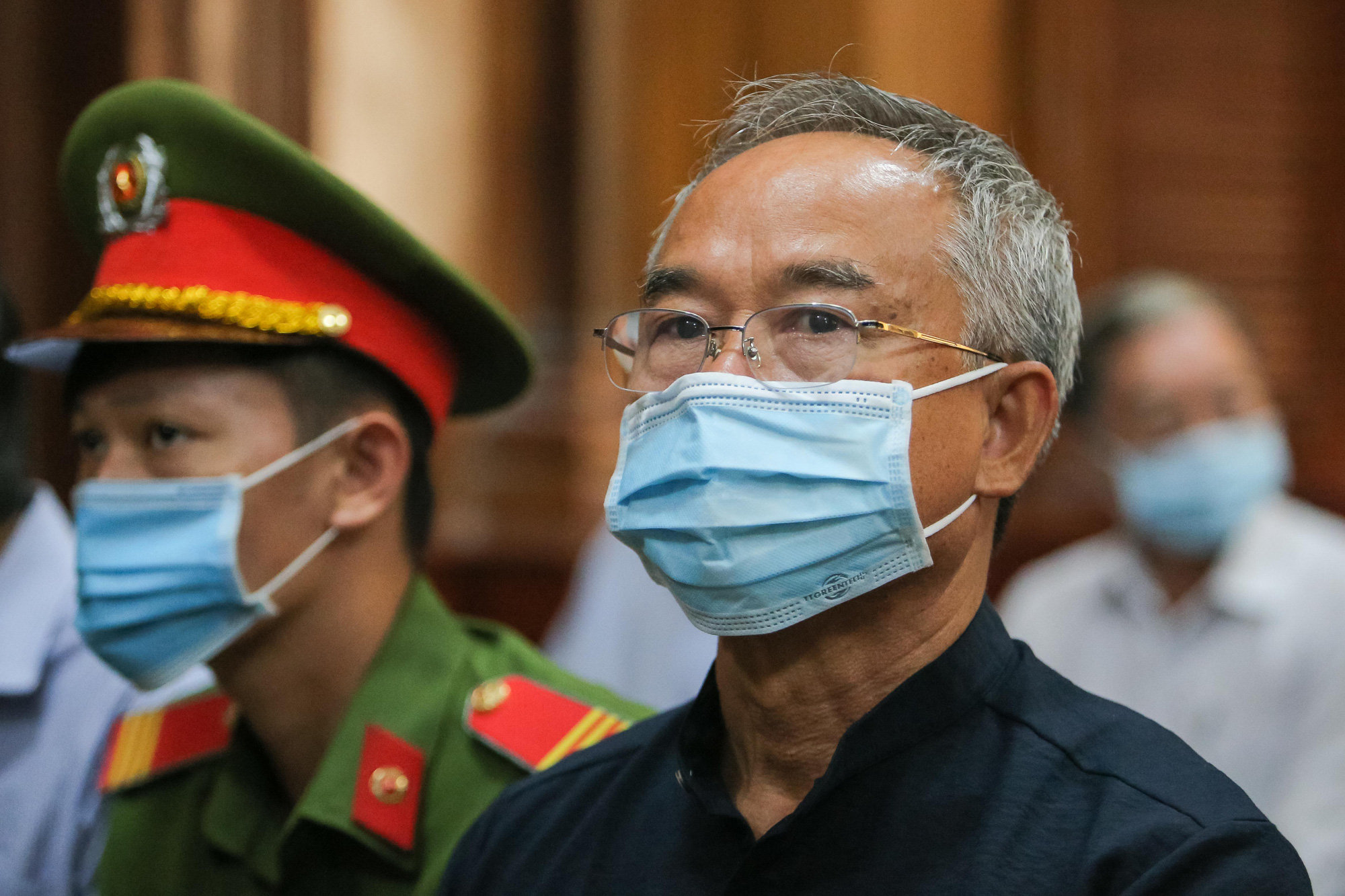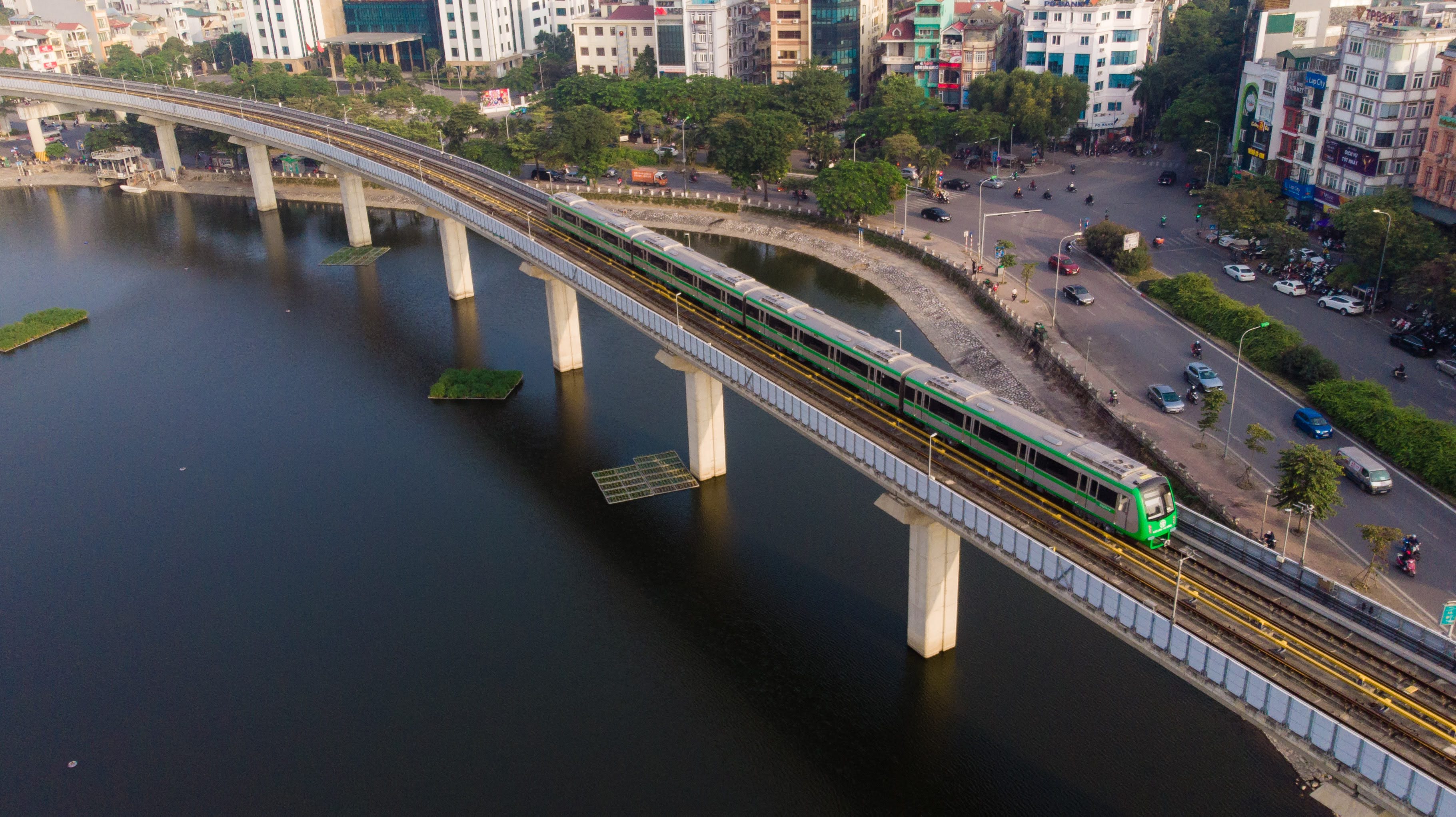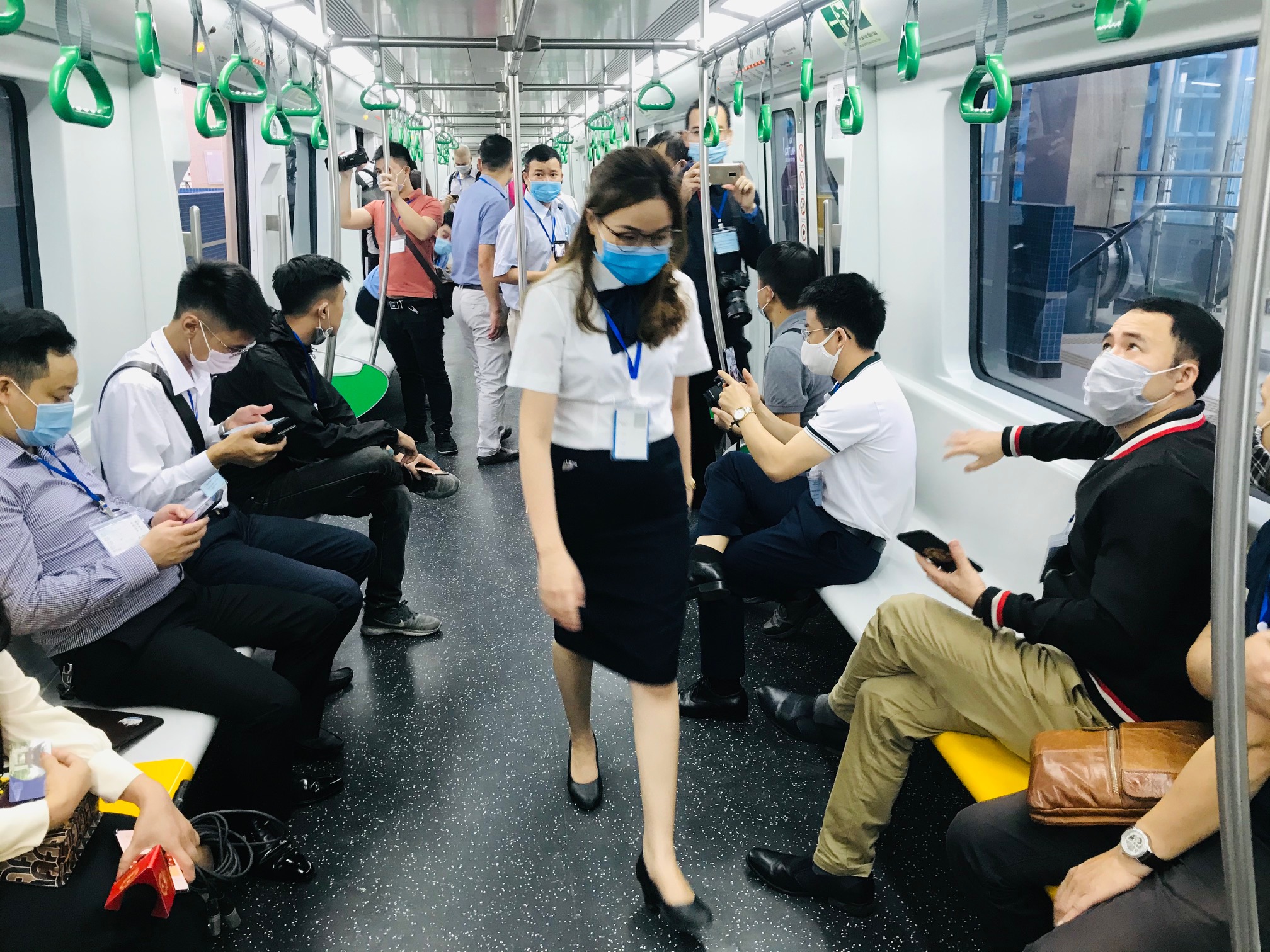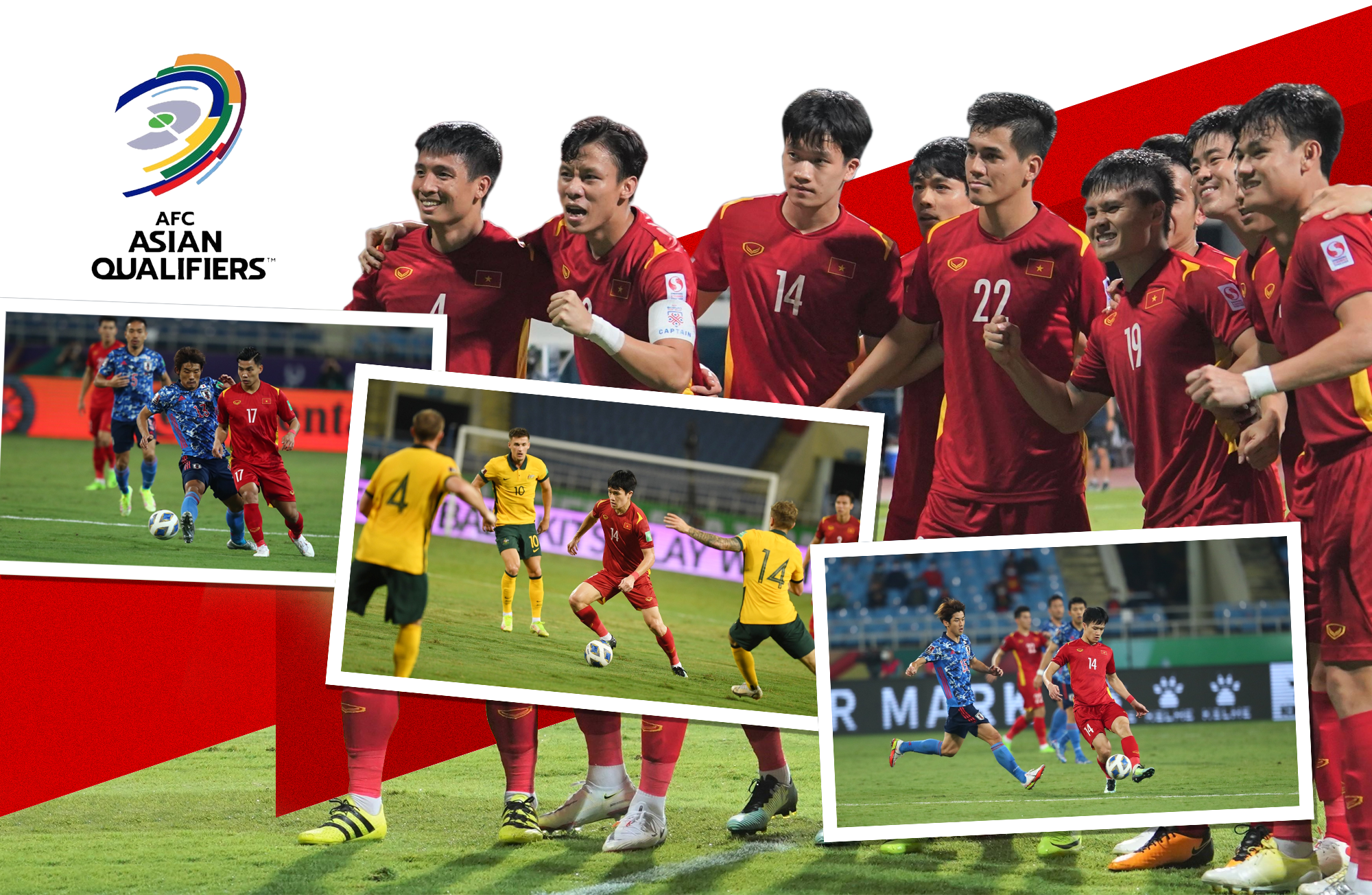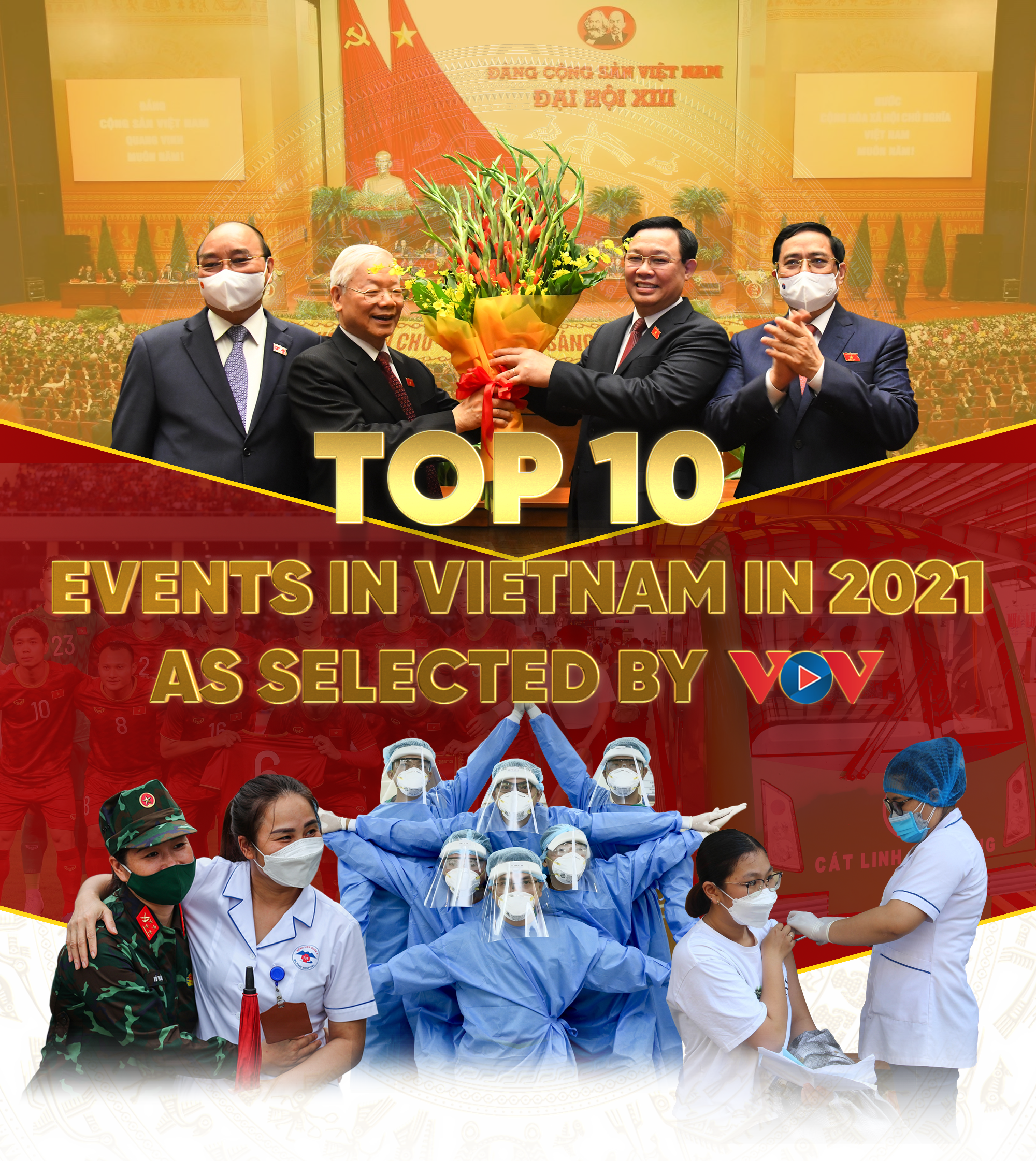

The 13th Congress of the Communist Party of Vietnam (CPV), which ran in late January and early February, was described by Party General Secretary Nguyen Phu Trong as “very successful” as it charted the nation’s new development course over the coming years.
According to the plan, by 2025 Vietnam will become a developing nation with a modernity-oriented industry and surpass a low middle-income level. By 2030, the year marking the 100th anniversary of the CPV, it will become a developing nation featuring a modern industry and an upper-middle-income level. By 2045, the year marking the 100th anniversary of the Socialist Republic of Vietnam, it will become a developed nation with a high-income level.
The congress affirmed, “The country has achieved great achievements of historical significance, strong and comprehensive development compared to the previous years of the Doi Moi (Renewal). Our country has never had the opportunity, potential, position and international prestige as it does today."

On May 23, approximately 70 million voters, equivalent to 99.6% of voter turnout, cast their ballots to elect deputies to the National Assembly and local People’s Councils for the 2021 - 2026 term. The election was conducted democratically, lawfully, fairly, and safely, proving itself as a great festival of the people.
It was the first time that election has been held successfully in the context of the reemergence of the COVID-19 pandemic. It also marked the first time in the 76-year history of the legislature that two representatives of the ethnic minority groups, the Lu and the Brau, had been elected to the National Assembly.
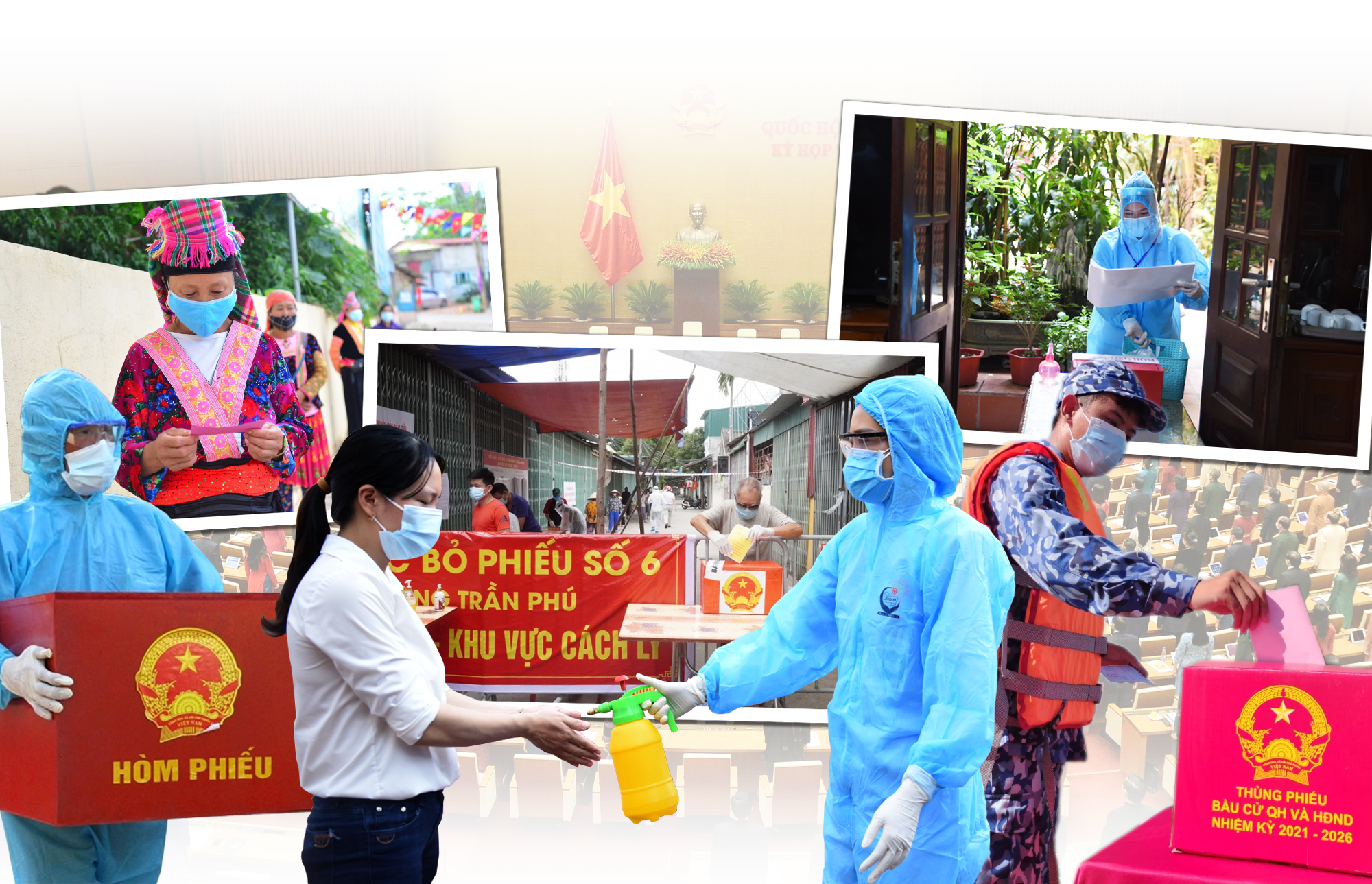

The fourth wave of the COVID-19 pandemic which started in late April dealt a heavy blow to business production and social life. The prolonged impact of the outbreak, with the rapid spread of the Delta variant, claimed more than 30,000 lives and caused an estimated economic loss of VND346 trillion, mostly in Ho Chi Minh City and other southern localities. With drastic measures put in place, the outbreak has largely been brought under control, although the situation remains complicated.
To support the COVID-19 fight, the Government decided to establish a COVID-19 vaccine fund. A national vaccination campaign, the largest of its kind, was then launched by Prime Minister Pham Minh Chinh. Along with the rapid implementation of the ‘vaccine diplomacy’ strategy, Vietnam has so far received roughly 170 million vaccine doses . By the end of the year, it has basically double jabbed most adults and completed the first round of injections for people aged 12 to 18.
Placing people’s health as the top priority, the Government changed its ‘zero COVID strategy’ to the current plan of flexibly and safely adapting to and effectively controlling COVID-19. It aims to combat the pandemic and simultaneously restore socio-economic development. A number of social security policies have therefore been introduced to help workers, vulnerable people, and people in pandemic hit areas overcome difficulties faced in life.

Despite the negative impact of the COVID-19 pandemic, the national economy is projected to achieve positive growth this year, whilst the State budget revenue will increase compared to 2020 and import-export turnover will reap more than US$600 billion.
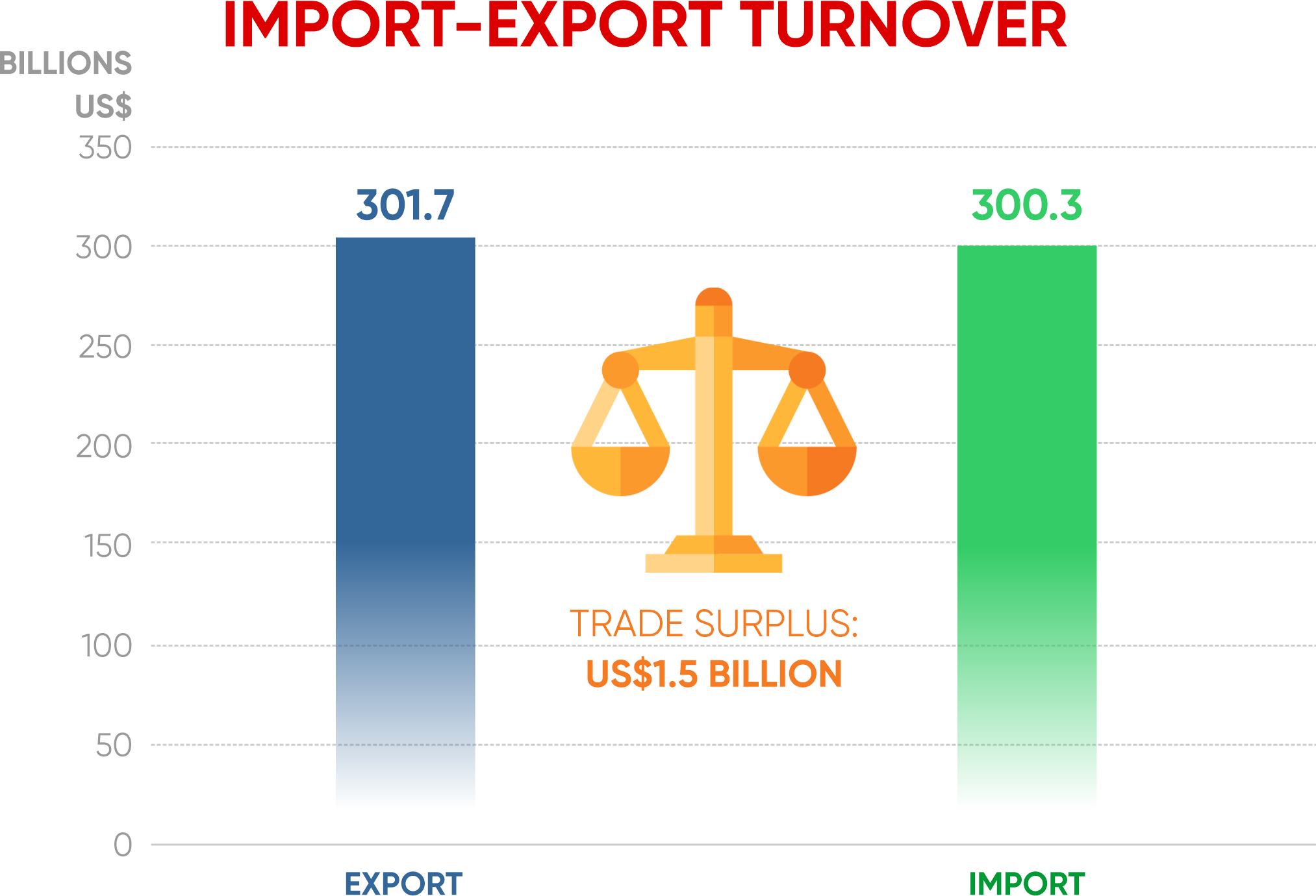
Domestic enterprises have also made great use of opportunities from numerous free trade agreements (FTAs), especially new-generation FTAs, which will both help them to diversify markets and expand exports of advantageous products to potential markets with higher added value. The year also saw the outstanding development of e-commerce and digital economy.
To achieve its growth target, Vietnam adopted flexible fiscal and monetary policies, as well as other macro policies. The National Assembly has also introduced several resolutions relating to budgetary finance, public investment, and economic restructuring. The Government developed an overall programme for socio-economic recovery based on a strategy of flexibly and safely adapting to and effectively controlling COVID-19.
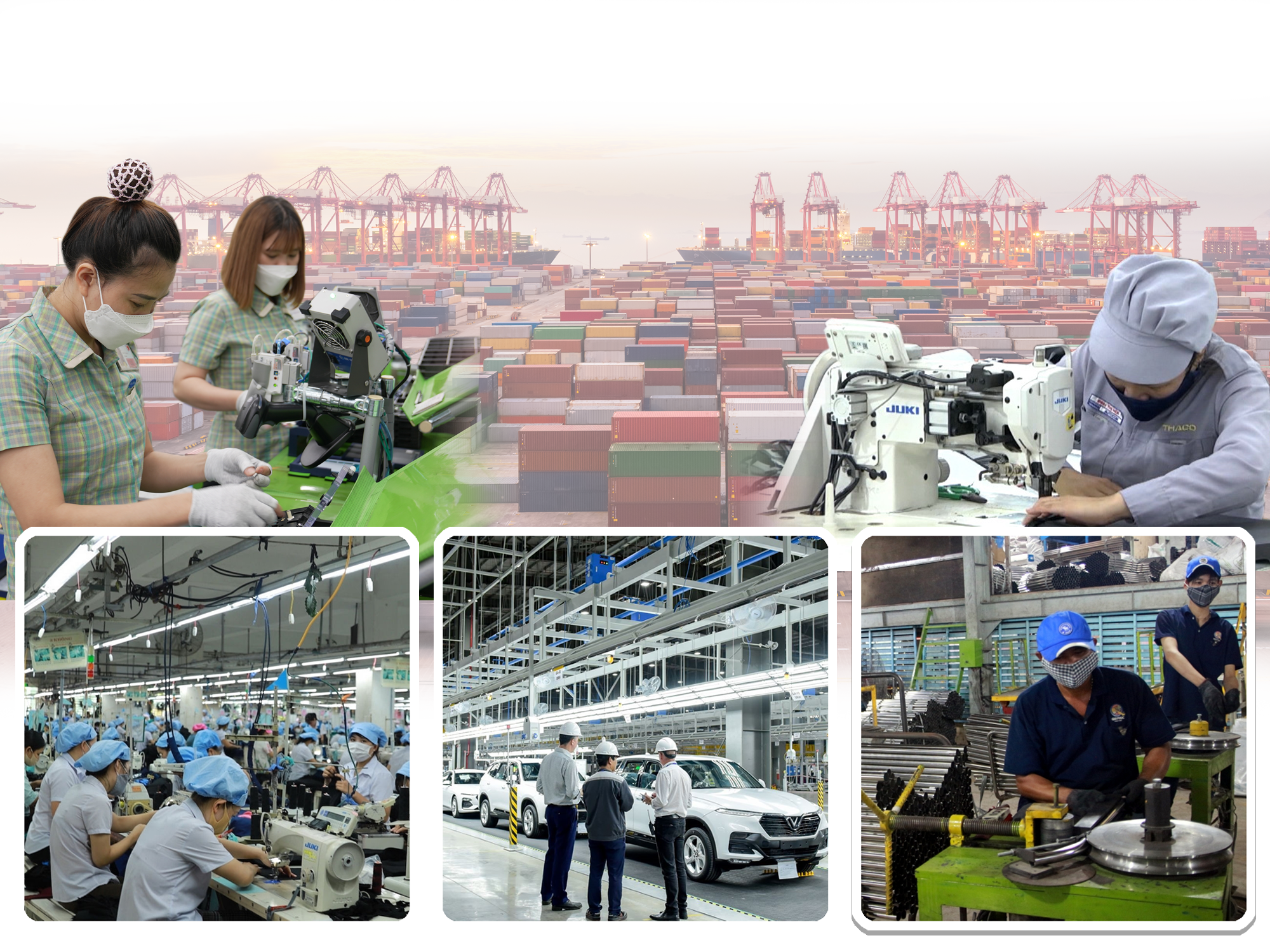

Amid the complex nature of the COVID-19 pandemic globally, Vietnam has actively maintained bilateral and multilateral diplomacy. Among those notable external activities, General Secretary Nguyen Phu Trong phoned leaders of various countries and received plenty of international delegations. In addition, President Nguyen Xuan Phuc visited Russia, Cuba, and Cambodia; Prime Minister Pham Minh Chinh visited Japan, France, and the UK where he attended the 26th UN Conference on Climate Change (COP26) and met leaders of many countries. Late this year National Assembly Chairman Vuong Dinh Hue paid a visit to the Republic of Korea and India, whilst also making a tour of Europe.
December saw the Politburo and Secretariat of the CPV host the national foreign affairs conference to implement the Resolution adopted at the 13th National Party Congress. The conference was held to discuss the Party’s foreign affairs, State diplomacy, people-to-people diplomacy, and the entire political system as a whole.
Vietnam successfully completed its role as a non-permanent member of the UN Security Council for the 2020 to 2021 term. During its terms, its actively participated in common work of major international organisations, substantially contributed to negotiations, and found solutions, to meet the common interests of the international community. Indeed, its relentless efforts have been highly appreciated by other member states.


After more than seven decades, a national cultural conference, the third of its kind, was held in Hanoi in order to assert the importance of culture and put it on a par with politics, economics, and social affairs. The event was expected to open a fresh period of development of an advanced Vietnamese culture imbued with national identity in the process of national construction and development.
Speaking at the conference, Party General Secretary Nguyen Phu Trong expressed his hope that a breakthrough will be made in cultural affairs, thereby reviving and developing Vietnamese culture in the new era.


The fourth Plenum of the Party Central Committee has issued Conclusion No. 21-KL/TW, which links the work of Party building and rectification with the building of the political system, supplementing more manifestations of deterioration in political ideology, morality, and lifestyle. The Politburo used the year to consolidate and change the Central Steering Committee on anti-corruption into the Central Steering Committee, thereby moving to prevent and combat corruption and negative factors.
The Party Central Committee and the Politburo released three important documents related to Party building and rectification featuring new highlights. These documents largely focus on protecting cadres for the common good, specifying what Party members are not permitted to do, and clearly outlining the dismissal and resignation of cadres.

The fight against corruption and negatives has been running under the motto of ‘no forbidden zone.’ The past year has seen a number of ranking officials, including senior Party members and senior military officers disciplined for poor conduct.

The judicial sector this year has prosecuted many large, serious, and complicated cases occurring in the fields of health care, land management, procurement, management, and use of State assets in localities such as Binh Duong, Khanh Hoa, and Ho Chi Minh City.
Most notably, Viet A Technology Joint Stock Company cashed in on the COVID-19 outbreak as a way of illegally making a huge profit by seriously violating regulations on production and bidding of COVID-19 test kits. The investigation agency arrested the leader of the company and others involved before deciding to prosecute the case.
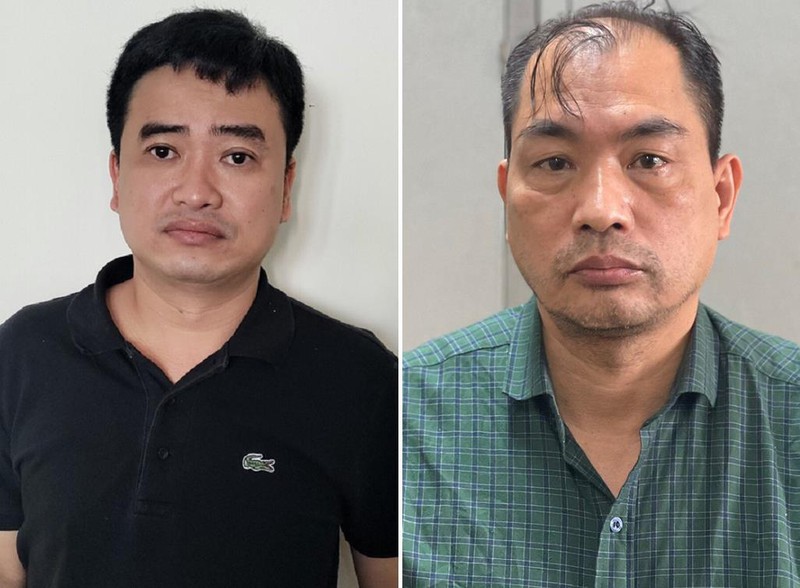

The capital’s first metro service running from Cat Linh to Ha Dong, the first of its kind nationwide, was put into operation after more than 10 years of construction.
The Cat Linh - Ha Dong metro line was approved by the Ministry of Transport in October, 2008, with a total investment of more than VND8,700 billion, roughly US$553 million. Of the total, US$133.86 million came from the Government, with the remainder coming from China’s ODA loan.
However, for various reasons the overall construction cost of the project overran by more than double to over VND18,000 billion, equal to US$868 million.
Construction on the 13.1 km long route started on October 10, 2011, and was originally expected to be put into commercial use in June, 2015, although the project was delayed many times for handover and operation.

For the first time in the national football team’s history, Vietnam cruised into the third and final round Asian qualifying round for the 2022 World Cup. Taking on continental powerhouses such as Saudi Arabia, Japan, Australia, Oman, and China will allow the national team players to hone their skills for major tournaments in the future.

